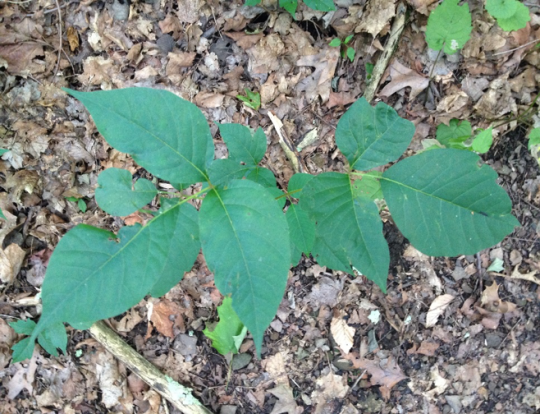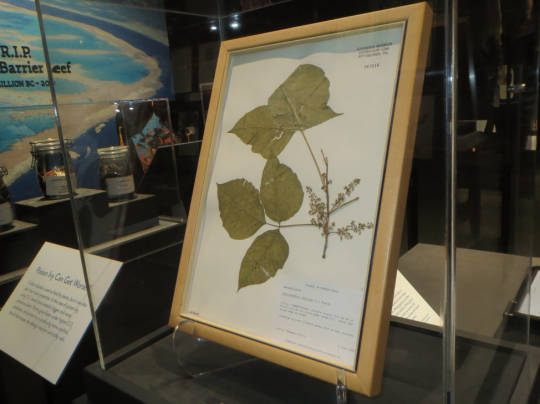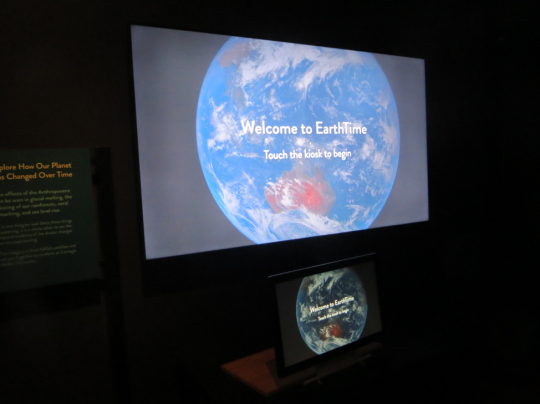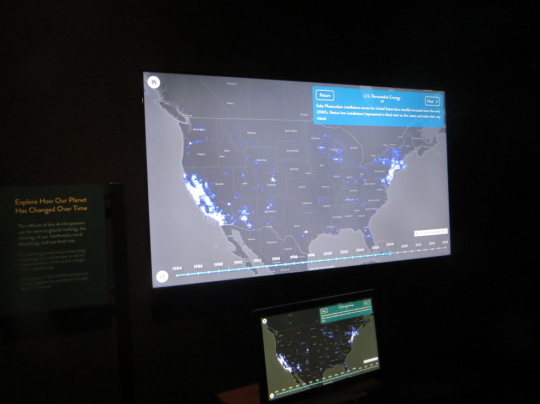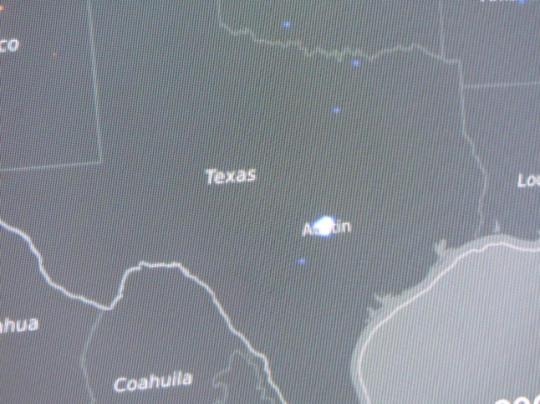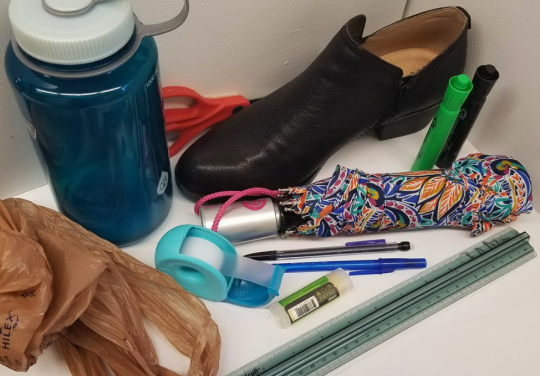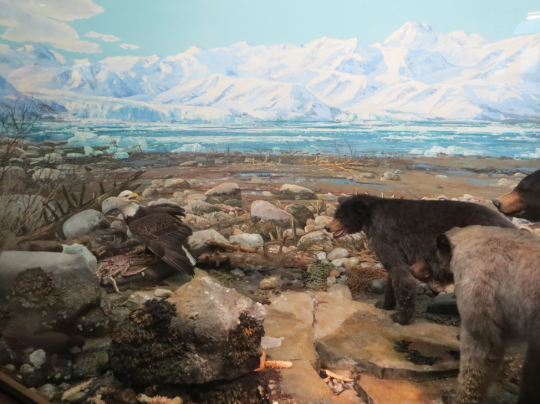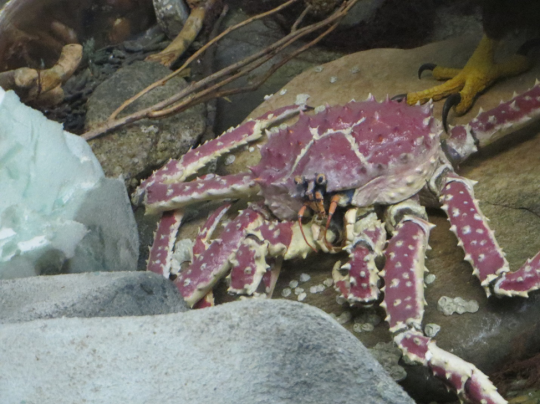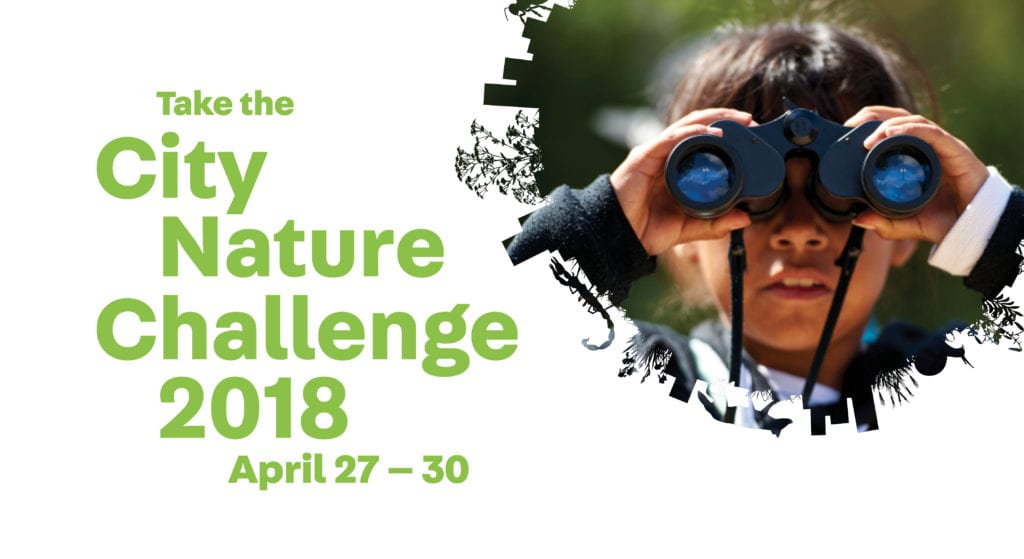Rethinking your impact on the environment, or carbon footprint, could be as simple as eating less barbecue or not choosing a green cleanser over your favorite fragrant household cleaner. Bonnie Siefers of the Pittsburgh Environmentalist Group Meetup started a group to help make the process of becoming more environmentally friendly fun and social.
“I feel like a lot of people are anxious to find groups of people that are like-minded in this space,” Siefers said. “I used to live in the suburbs of Pittsburgh and when I moved into the city, I found more like-minded people here because they are younger and more mindful. They are growing up and talking about climate change.”

Pittsburgh Environmentalist Group Meetup was founded in July 2013 and quickly gained 30 members in a few days. Today, it has 738 members and a number of meetups under its belt on topics such as eco-stewardship training, the future of recycling, and veganism.
“People are glad to have community and that was the number one thing I found. You don’t join a Meetup like this if you are not a stakeholder in this process, and people feel isolated,” Siefers said.
Members of the Meetup are encouraged to go back to their communities as “The Green Team” and lead conversations and corrective actions to lessen their neighborhood’s carbon footprint. Siefers said this is the type of outreach that can build personal fulfillment for those wanting to do their part for the environment.
“One of our members was very vocal to get people to change their energy option to renewable energy and encouraged their neighbors to go to Penn Power and select 100% renewable energy. It’s a personal choice,” she said.
She added: “I want to be a change activist. I want to inspire those that I meet to think about things deeply and differently. Lots of people are interested in sustainability in Pittsburgh and it has been the most livable city many, many years in a row, I think there is a trend to build in a sustainable manner and keep the green space alive that we have.”
Siefers is encouraged by the increasing number of universities offering degree programs in sustainability and the impact the next generation of students can have on the environment.
“It’s certainly a growing field. Almost every business or organization you can think of has a sustainability department and its main focus is to save the organization money,” she said. Her own sustainability work has afforded her opportunities to help large organizations rethink their footprint.
“I did a sustainability action plan for the Pittsburgh YMCA that included an audit of their larger buildings. It was already sustainable, and I gave them ways to save even more money,” Siefers said. “They wanted an ROI in three years and I made that possible. Just changing your light bulbs can save you a lot of money.”
So, what are five practical ways people can reduce their footprint? Here is what Siefers recommended:
● Carpool to destinations with co-workers or with friends.
● Offset carbon use when traveling by purchasing carbon offsets on plane tickets.
● Purchase organic food and fabric to help minimize the amount of pollutants entering aquifers.
● Be mindful about your energy and chemicals at home by turning off lights when leaving a room, using surge protectors on appliances, placing electronics in sleep mode when not in use, and selecting non-toxic cleaning products.
● Tell somebody. Create a community to discuss and exchange information on how to personally change your home and neighborhood for the sake of the environment.
Siefers’ work is an excellent example of how you can apply the concepts and ideas about the human impact on the environment to your daily life. At the Carnegie Museum of Natural History, we hope that our exhibition We Are Nature: Living in the Anthropocene inspires more people to take action and join groups like Pittsburgh Environmentalist Group Meetup.
Learn more about beneficial sustainability practices and ideas at Bonnie Siefers website eco Couture.
________________________________________________________________
In the spirit of recognizing all we are already doing in Pittsburgh, we have started a new blog series to compliment We Are Nature: Living in the Anthropocene, the exhibition about the complex relationship between humans and nature currently on display at Carnegie Museum of Natural History. We are featuring Pittsburghers who are committed to improving the environment in which we live. Each blog features a new individual and shares some of the ways in which they are helping issues of sustainability, conservation, restoration, climate change, or helping Pittsburgh to be an even more beautiful place to live.
Melonee Gaines is a freelance journalist and writer based in Memphis, TN and has written for MLK50.com and The Crisis Magazine. She is the lead maven and founder of the digital media and public relations firm MPact Media Group. She enjoys foodie adventures, beach excursions, and herb gardening.
